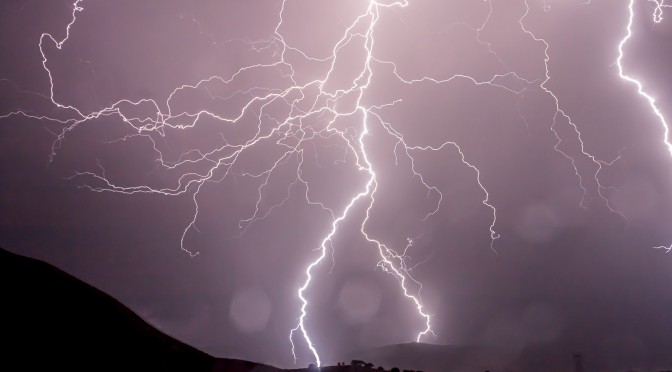by the editors
Hope for the best, prepare for the worst—this saying applies whenever you’re getting out into the remote parts of southwest Montana, no matter what time of year. Even within a short distance of town, you can find yourself with no cell service and infrequent traffic. It could take a long time or a lot of effort to get help, so you’d best be prepared to help yourself out of a sticky situation.
During summer, the weather can turn quickly, and not every critter you run into is friendly (e.g., griz and mama moose). Just because the sun’s shining doesn’t mean you needn’t take precautions. Dehydration should be considered on most outings. If you’re going out for more than half a day, have a plan for drinking water and cooling down. Most major drainages have creeks where you can fill your bottle (purification recommended) and dunk your head, but lots of them dry up in the summertime. If you run out on a sun-baked ridge, don’t count on finding any moisture until you hit the valley floor. It’s a good idea to keep a full jug in your car.
If you do any fishing or wandering around river bottoms, keep an eye out for poison ivy. Learn how to identify the plant and areas where it’s likely to grow. In general, you can’t go wrong with the old adage: leaves of three, let it be.
Up in the high country, your main watch-out is electricity. Thunder and lightning storms are common. They usually arrive in the afternoon, but look for signs early, like shifting winds and the build-up of cumulus clouds. If you do get caught in a storm, move to lower ground, take off all metal objects (watches, belts, keys), and assume lightning position (squat with hands behind head) until it passes.
Forest fires are also an issue in the summer. Getting caught in one is not a primary concern, but starting one will lead to fines and potential jail time—plus public shaming. There are often campfire mandates during the hotter months, but if you have one when permitted, make sure you keep it contained with a rock ring, monitor it constantly, and extinguish it completely. Many a smoldering cooking fire has led to a wildfire, with devastating consequences.
In the winter, the margin for error in the outdoors is even thinner, and a mishap could quickly turn dangerous if you’re not prepared. Before you take on the snowy roads, make sure your vehicle is capable. Snow tires are highly recommended and will make your life easier—and safer—all winter long. Yes, it’s a big investment, but with two sets of tires for summer and winter, each will last twice as long. Regardless of tire type, a set of chains in your car will get you out of a pickle. Make sure they fit your tires, and practice installing them so that you can do it quickly when the time comes. A few more items to keep in your car include a shovel for digging yourself out, jumper cables in case your battery dies, and gloves plus warm clothing (or even a sleeping bag) in case you get stuck for a long time.
Extra layers are also essential when venturing away from your vehicle. A good rule of thumb is to bring one garment more than you think you’ll need—better safe than sorry. When planning your layering scheme, start with a moisture-wicking baselayer made of polyester or wool. Avoid cotton for warmth in winter; if it gets wet, it won’t dry until you’re back in a warm environment. Fleece and wool make great midlayers for top and bottom. A windbreaker or hardshell jacket will add protection without taking up much space in your pack. On top of that, an insulated jacket with synthetic or down fill gives you lots of warmth with little extra weight to carry. Down has a better warmth-to-weight ratio, but like cotton, it will not dry in the cold, so synthetic is always a safer bet.
Lastly, always keep a first-aid kit and firestarter handy, in both car and backpack. If you get lost or hurt, treating wounds and staying warm are your most immediate and important concerns. A simple emergency kit—and a cool head—will prevent more calamities than any other precaution.

